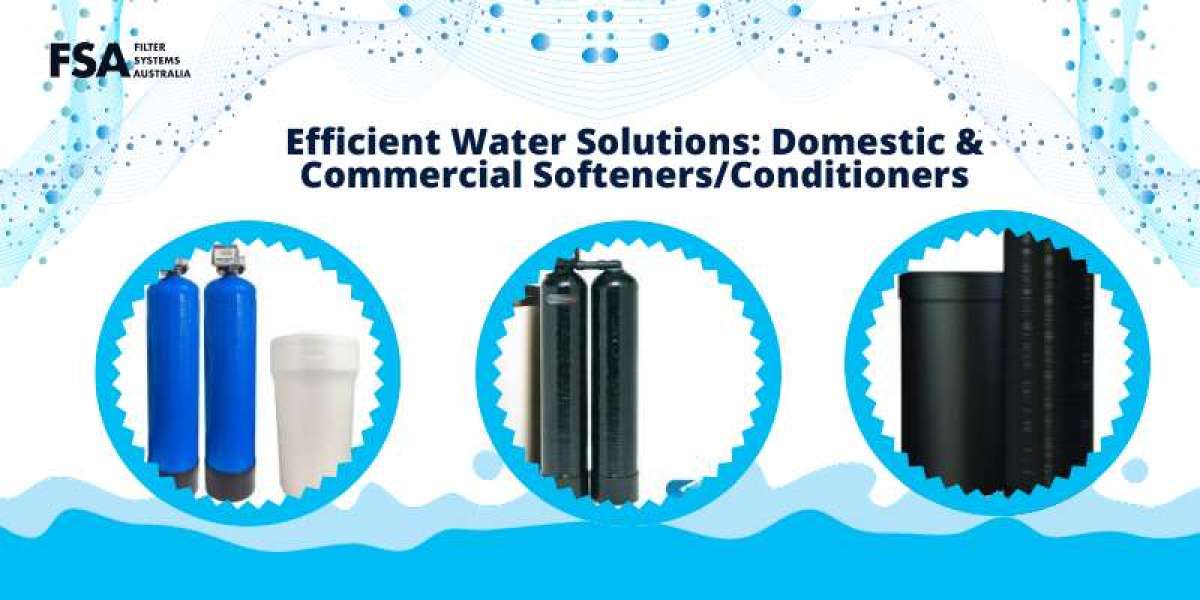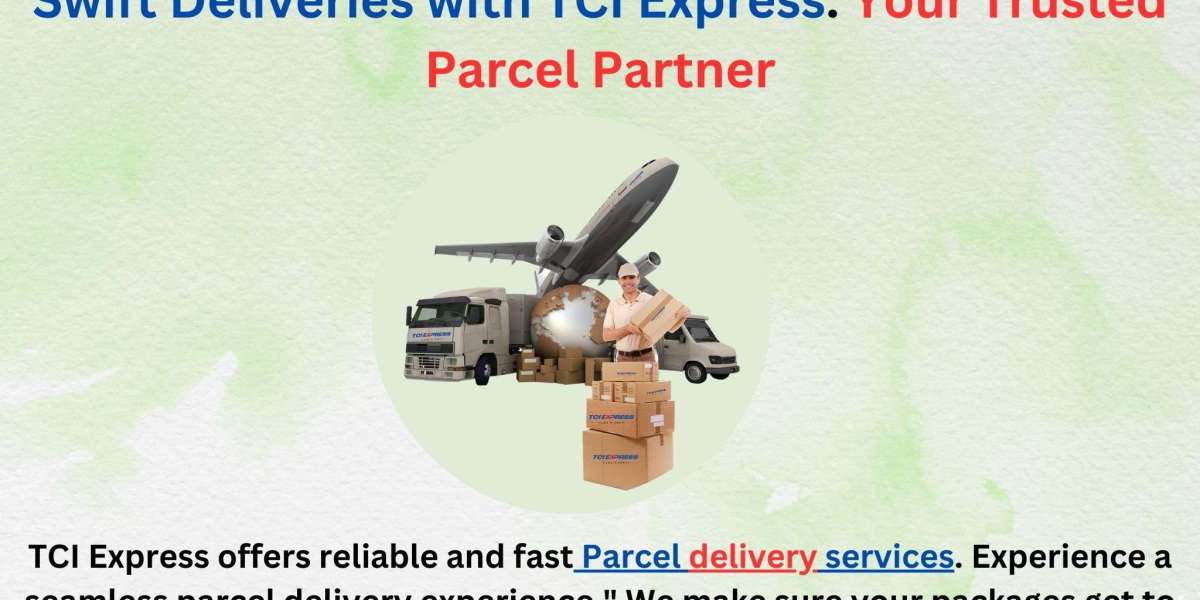In the pursuit of optimal water quality, the use of water softeners and conditioners has become increasingly popular in both domestic and commercial settings. These innovative solutions play a crucial role in addressing hard water issues, providing numerous benefits for households and businesses alike. This article explores the efficiency of water softener and conditioners, shedding light on their mechanisms, applications, and the transformative impact they can have on water quality.
Understanding the Problem: What is Hard Water?
Before delving into the efficiency of water softeners and conditioners, it's essential to understand the issue they aim to tackle: hard water. Hard water is characterized by elevated levels of minerals, primarily calcium and magnesium. While these minerals are not harmful to human health, they can wreak havoc on plumbing systems, appliances, and even skin and hair.
The Challenges Posed by Hard Water
Scale Buildup: Hard water leads to the accumulation of scale deposits in pipes and appliances, reducing water flow and compromising efficiency.
Appliance Damage: The minerals in hard water can cause significant damage to water-using appliances such as dishwashers, washing machines, and water heaters, leading to reduced lifespan and increased maintenance costs.
Skin and Hair Issues: Hard water can leave a residue on the skin and hair, causing dryness and irritation. This is particularly noticeable after bathing or showering.
Efficient Water Softeners: How Do They Work?
Ion Exchange Process
Water softeners primarily operate through an ion exchange process. These systems contain resin beads that attract and retain calcium and magnesium ions present in hard water. In exchange, sodium ions are released into the water, effectively softening it.
Salt-Based Water Softeners
One common type of water softener utilizes salt to regenerate the resin beads. As hard water passes through the resin tank, calcium and magnesium ions adhere to the resin, while sodium ions are released. Periodically, the system enters a regeneration cycle, during which a brine solution (saltwater) is used to flush away the accumulated minerals and recharge the resin beads.
Salt-Free Water Conditioners
For those looking to reduce sodium intake or avoid the hassles of adding salt to their water softener, salt-free water conditioners offer an alternative. These systems use various technologies like template-assisted crystallization (TAC) to transform the structure of minerals, preventing them from adhering to surfaces and forming scale.
Domestic Water Softeners: Tailored Solutions for Homes
Compact Designs for Space Efficiency
Modern domestic water softeners are designed with space efficiency in mind. Compact units can be easily installed in utility rooms, garages, or even under the sink, ensuring that homeowners can enjoy softened water without sacrificing valuable space.
Smart Water Softening Technology
Some advanced domestic water softeners come equipped with smart technology, allowing users to monitor and control the system remotely. This not only enhances user convenience but also enables efficient water usage and regeneration based on actual needs.
Environmental Considerations
With a growing emphasis on sustainability, many homeowners are opting for eco-friendly water softeners. Salt-free systems contribute to reducing environmental impact by eliminating the need for salt replenishment, making them an attractive option for environmentally conscious consumers.
Commercial Water Softeners: Meeting the Needs of Businesses
High Capacity for Demanding Applications
Commercial establishments, such as hotels, restaurants, and industrial facilities, often require water softeners with high capacity to meet their substantial water demands. Industrial-grade softeners are equipped to handle large volumes of water, ensuring consistent and efficient performance.
Customized Solutions for Specific Industries
Different industries may have unique water quality requirements. Commercial water softeners can be customized to address specific challenges faced by businesses, such as scale prevention in manufacturing processes or maintaining optimal water quality in hospitality settings.
Cost-Effective Maintenance
Investing in a high-quality commercial water softener can lead to long-term cost savings. By preventing scale buildup in equipment and appliances, businesses can extend the lifespan of their machinery and reduce the frequency of maintenance, ultimately improving the bottom line.
Conclusion: Transforming Water Quality for the Better
Water softeners and conditioners offer efficient solutions to the challenges posed by hard water, providing both domestic and commercial users with numerous benefits. From preventing scale buildup in pipes and appliances to enhancing the efficiency of industrial processes, these systems play a pivotal role in improving water quality. As technology continues to advance, the future promises even more innovative and sustainable solutions for achieving optimal water softening and conditioning. Embrace the efficiency of these water treatment systems, and experience the transformative impact on your water quality today.








